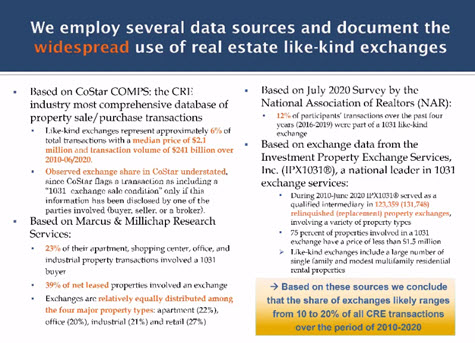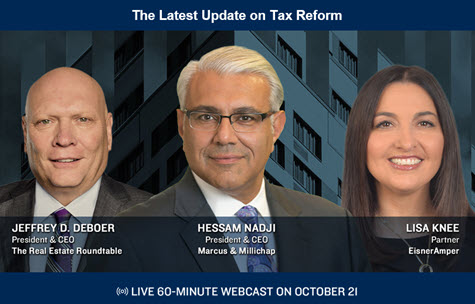
The Senate Environment and Public Works (EPW) Committee’s unanimous vote last week to advance $303.5 billion over the next five years to fund the nation’s largest source for roads, bridges, tunnels, and mass transit may help advance negotiations over President Biden’s infrastructure proposal. (BGov, May 26)
A Bipartisan Signal
- Senate EPW Ranking Member Shelly Moore Capito (R-WV) is the lead GOP negotiator on the White House’s infrastructure proposal, which includes $115 billion for repairing Main Street roads, highways and bridges. (White House Fact Sheet: The American Jobs Plan, March 31)
- Sen. Capito said the 20-vote committee vote to advance the Surface Transportation Reauthorization Act “… is further proof that a bipartisan infrastructure deal is possible. I’m hopeful this bipartisan product can be the anchor of a larger infrastructure package moving forward.” (Senate EPW Markup and news release, May 26)
- The Senate committee’s measure would set a new baseline funding level for the Department of Transportation’s Highway Trust Fund – an increase of more than 34 percent from the last reauthorization to pass Congress in 2015. (Full text of the EPW bill and one-page summary)
Time Considerations

- The Senate EPW Committee only has jurisdiction over the surface transportation bill’s highway section. The Senate Commerce Committee is next, with a markup expected the week of June 14. The Senate Finance Committee will eventually address how to pay for the measure and the Senate Banking Committee will consider sections dealing with mass transit programs.
- In the House, Democrats on the Transportation and Infrastructure Committee introduced the INVEST in American Act today and plan to mark up their surface reauthorization bill on June 9. (Bill Text | Fact Sheet | Section-by-Section and Washington Post, June 4)
- The Biden administration was encouraged by the Senate EPW vote. White House Press Secretary Jen Psaki said during a May 25 briefing that the$303 billion dollar bill “is a great down payment” for a broader infrastructure package. (BGov, May 26)
- However, the administration has expressed it is on a tighter deadline to advance a comprehensive infrastructure proposal. Transportation Secretary Pete Buttigieg recently said, “I think we are getting pretty close to a fish-or-cut-bait moment.” (CNN, May 30)
Gateway Progress

- The Biden Administration on May 28 approved a key step allowing the multi-billion dollar “Gateway” rail tunnel project between New York City and New Jersey to move forward, ending years of delay and clearing the way for state officials to apply for federal funding. (New York Times, May 28)
- The administration’s approval of a long-awaited environmental impact statement clears the way for pre-construction activities to begin on the crucial infrastructure project, which aims to repair tunnels damaged by Superstorm Sandy. (Politico, May 28)
- Transportation Secretary Buttigieg commented on the approval – clearing the way for the project to advance to the next steps such as engineering, final design development, and property acquisition, as well as construction. “This is a big step for the Northeast, and for the entire country, as these tunnels connect so many people, jobs, and businesses,” he said. (DOT statement, May 28)
Senate Majority Leader Chuck Schumer (D-NY) said, “It’s probably the most important public works project in America. If those tunnels fail and can’t be used, 25 percent of our economy would be at risk from Boston to Washington.” (Politico, May 28)
# # #











